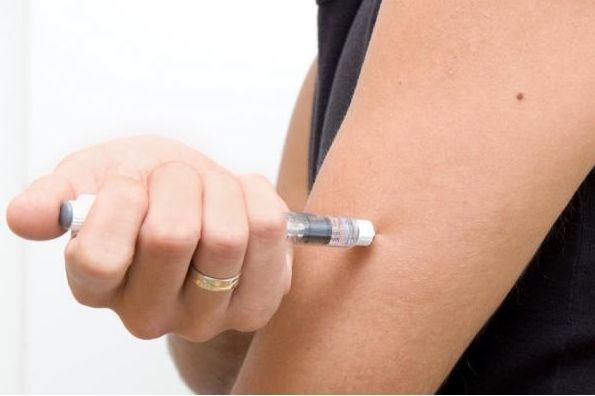Diabetes has become a very common problem all over the world. Rather the number is rising at such a great pace, that doctors and researchers are trying to find out ways to combat this issue and help humans to live a healthier life. Diabetes is caused when the body does not produce insulin naturally or in sufficient amounts to maintain blood sugar levels.
What is insulin & What it is made of?
Insulin is a hormone which is made by the body naturally in the pancreas. Its work is to maintain the levels of sugar in the blood. But due to various reasons, the system does not produce this specific hormone and it also happens that the body is unable to use the insulin produced by the pancreas. In such cases, blood sugar level rises and you are diagnosed with diabetes. Diabetes has many other effects on the body. You become prone to diseases like heart attacks, hypertension, bone problems, vision deficiency etc. Hence the problem has to be treated immediately to reduce risks of other complications.
Most often, Insulin is administered to diabetic patients. It entirely depends on the blood sugar level and the doctor’s advice. If usual medications, diabetic diets and physical activities do not work well to control diabetes, Insulin is given. It cannot be taken orally as the digestive enzymes in the body destroy this insulin. So it is given by an injection under the skin surface.
When is Insulin administered?
Insulin is injected when you are diagnosed with Type1 Diabetes because in this case the body does not produce the hormone in the pancreas. You do not get the energy you require from glucose. So it has to be supplied to the body through injection. The amount of the hormone and the type of insulin is determined by your physician in accordance to the composition of your system and blood sugar levels. Age, weight, sugar counts, general health are the aspects that the doctor considers before starting the insulin plan. The responses received from the body after the first dosage, are of great importance. The amount that is to be injected depends on such responses.
It is very important for the patient to work in cooperation with his/her doctor to achieve the desired goals. You want to live a healthy life and for that end you have to follow every advice you are given. The best way to start off is by walking or jogging or going to a gym to get assistance from a fitness instructor and a balanced diabetic diet.

